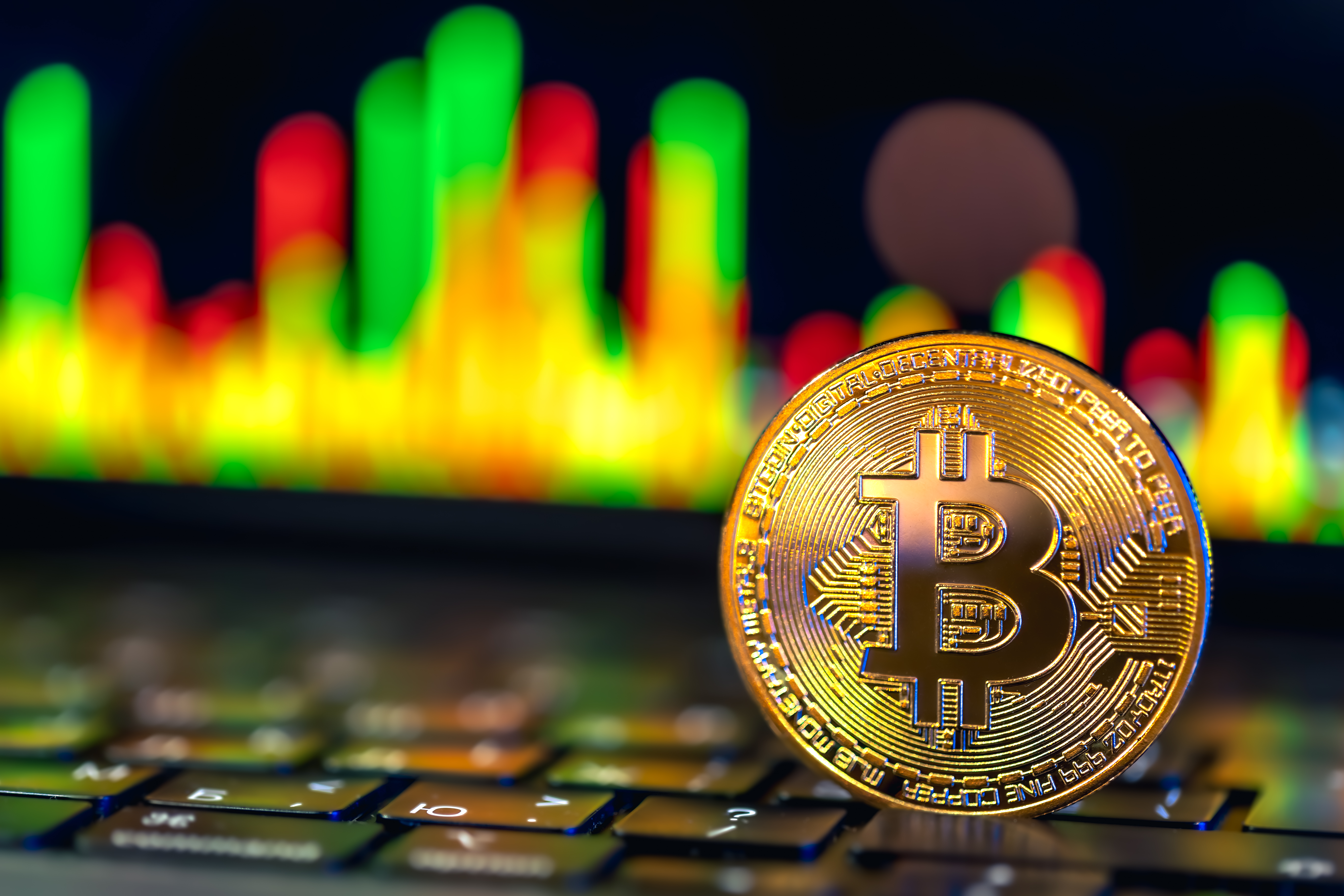Private and public businesses are acquiring Bitcoin nearly four times faster than miners are producing new coins, according to financial services firm River.
Companies, including publicly traded treasuries and private businesses, purchased an average of 1,755 BTC daily in 2025, with ETFs adding 1,430 BTC daily. Governments also joined in, buying about 39 BTC per day.
In contrast, miners produced just 450 BTC daily, raising fears of a potential supply crunch.
In the second quarter of 2025 alone, treasury companies acquired 159,107 BTC, bringing business holdings to around 1.3 million BTC. Michael Saylor’s firm Strategy leads with a corporate reserve of 632,457 BTC, making it the largest known holder.
Strategy says aggressive buying does not affect short-term prices, as most transactions are handled off-exchange through OTC markets. Analysts, however, continue to speculate that dwindling exchange reserves could become a powerful bullish force.
Would you like to learn more about AI, tech and digital diplomacy? If so, ask our Diplo chatbot!










